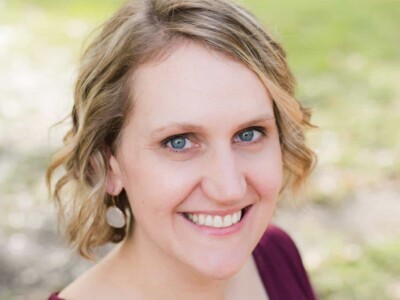As a child of the 1980s and 1990s, I was among the first wave of Millennials raised to be overachievers and to expect adult life would go exactly how I had planned. This was not the case. Within months of completing my undergraduate degree, all my plans for post-graduation had fallen through and I found myself living with my parents, unemployed, and with no concrete plans for a path forward.
After a summer of dead-end interviews, in various cities that I desired to live, I accepted a local position as a case manager for adults with a serious mental illness. Looking back on my first full-time job experience, I was woefully naïve, but the experience propelled my career trajectory, and introduced me to important challenges I would not otherwise have encountered.
While I worked with adults of all ages, I naturally connected with my clients who were also young adults. Even though my life looked different from them on the outside, we were experiencing all of the same young adult experiences. We were interested in living independently, being financially stable, having positive adult relationships, and having a job that we enjoyed.
The problem was that the services I was directed to provide were out of step with the needs and interests of these young adults. I was encouraged to introduce them to the local clubhouse that was filled with aging, incredibly disabled adults and enroll them in Social Security Insurance, even though they continually told me they wanted me to help them get a job.
Read the full article on Michael & Susan Dell Foundation’s website.


